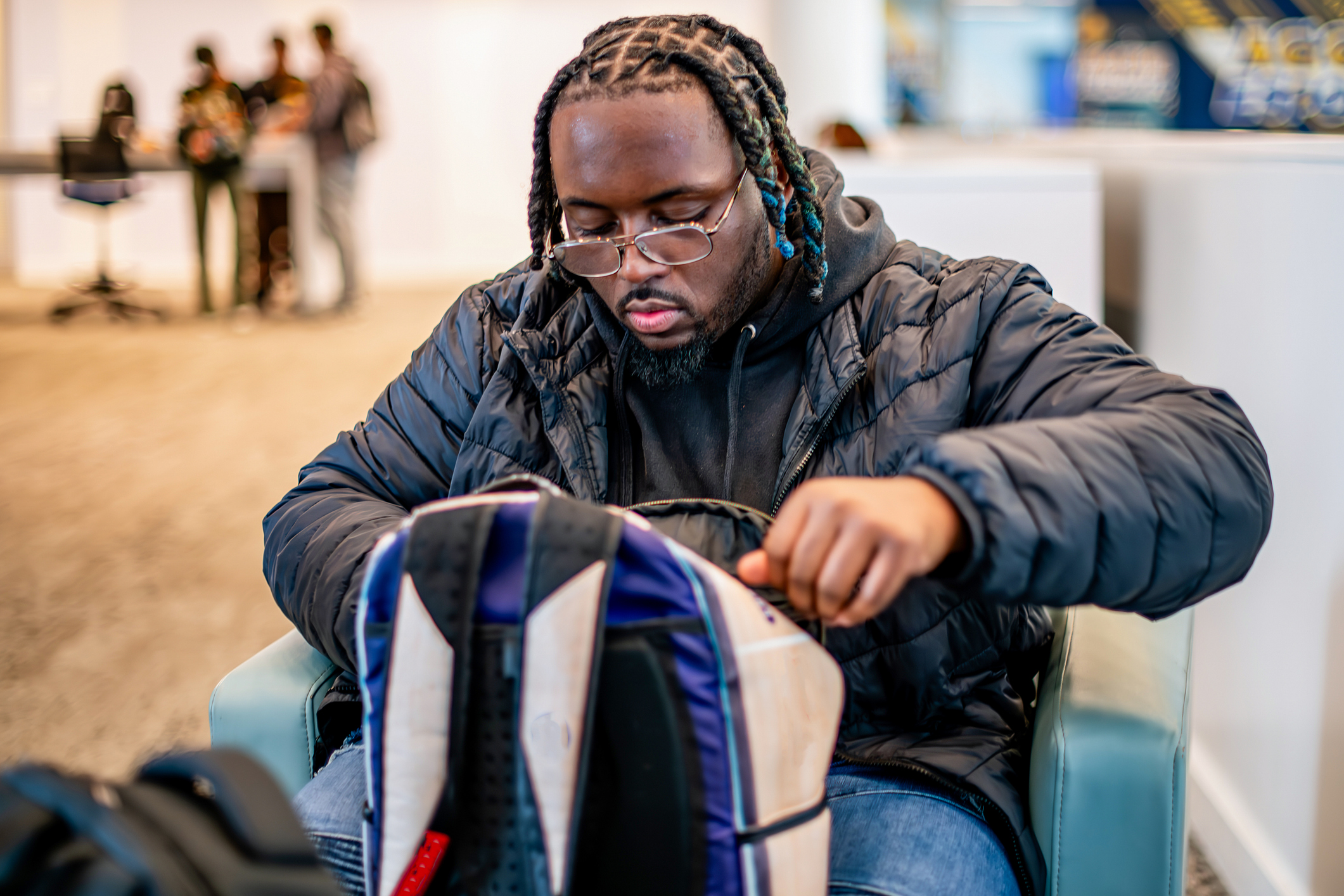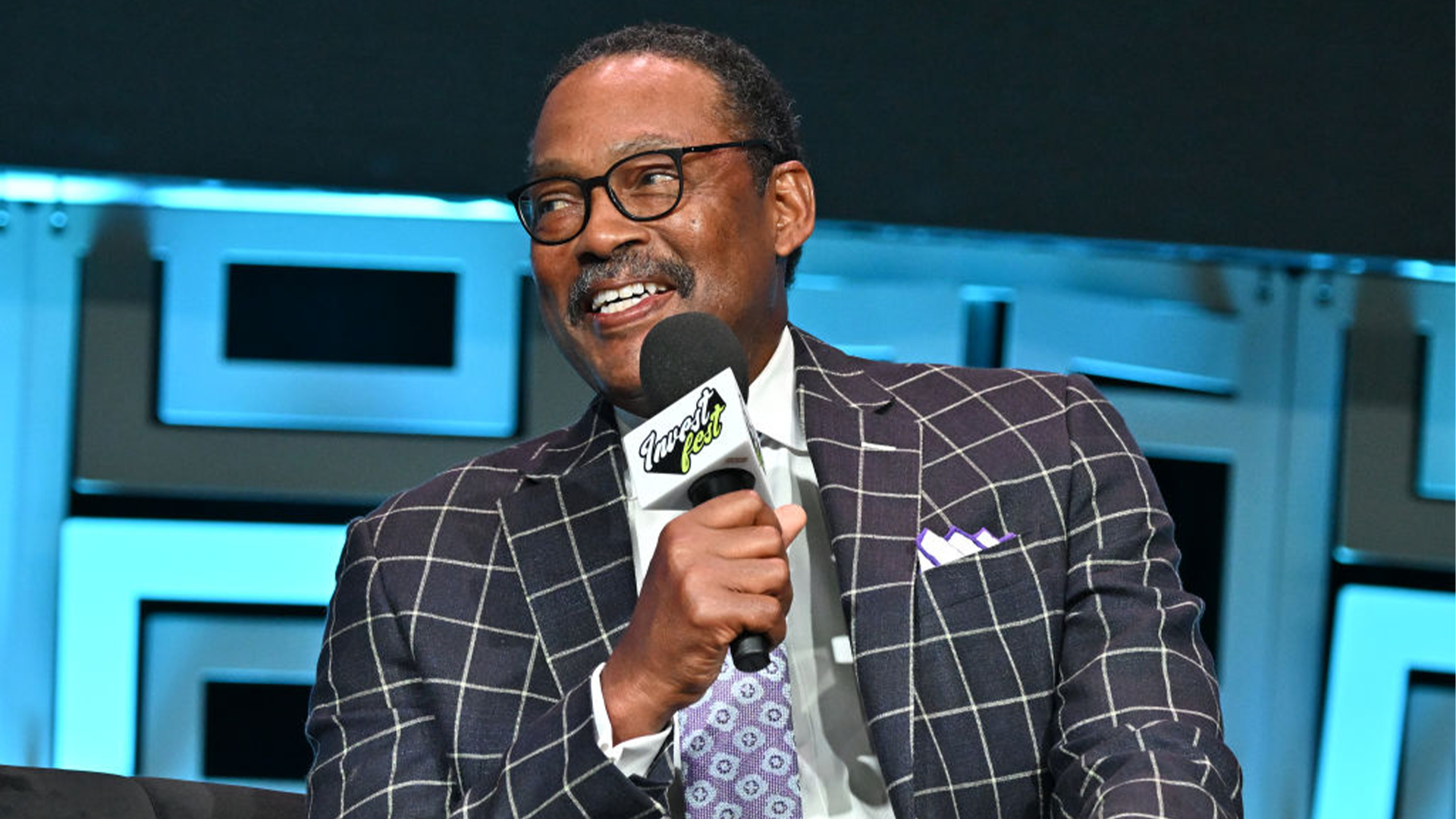Land ownership for Black people is already as hard as it is, but this Texas duo would appear to be on a mission to make it harder.
According to Texas Monthly, Black-owned farmland in Brazos County, TX, has been under siege after a real estate owner, Curtis Capps, and his attorney Bill Youngkin, have been on the hunt for acres upon acres of land that have existed within Black families since the beginning of time.
How Is He Doing This?
As a title examiner, Capps began operating as a researcher digging into the history and legitimacy of ownership records, ultimately using his skill set to pursue “courthouse steps” auctions. This has allowed him to buy real estate seized for unpaid taxes, ultimately flipping the land for profit. He also seeks out “heir’s property,” which is land passed down to the next generation that doesn’t use wills or formal documents.
In recent years, Capps set his sights upon an area referred to as the Petersburg Settlement, a rural acreage that began to attract attention when twin cities, Bryan and College Station, started to see rapid growth around Texas A&M University.
Per the outlet, nearly 20 years ago land values began to skyrocket, ultimately making it hard for people like Lawrence Smith who has not only grown up on the land but has tended to the area, known as the Anna Hackney tract, for decades, using pastures to raise cattle and hogs, much like his father did before him. He had inherited the heir’s property through his family.
The Smith Family Land
What’s more, Lawrence has done his due diligence to pay property taxes on his 36 acres for years, which is why he was confused to learn that Capps and Youngkin had brought forth a lawsuit to acquire the land from 16 heirs — but Lawrence’s name was nowhere to be found on the list.
After working alongside his nephew Brad Smith to try to get to the bottom of the legal action surrounding the land that has always been in his family, it was discovered that Hackney and her heirs, including Smith, never owned as much of the Petersburg Settlement as they thought they did due to faulty deeds.
As a result of this, Lawrence’s portion of the land was even smaller than he had thought. Capps offered $3,000 to purchase Lawrence’s share and was willing to throw in an extra $10,000 if he could persuade the other heirs to sell him their shares as well.
Per Capps, he was “going to get it all eventually anyway.”
At this time, that amount was peanuts to Lawrence who knew that the land was worth much more due to the new subdivisions popping up where his family’s 36 acres sat just southeast of College Station.
Some of the homes popping up were worth millions, and real estate agents were also setting sights on Millican, the old railroad town where Lawrence was born. In that area, some pieces of the land were going for $5,000 an acre. In some instances, they were paying double that amount, which would have put his family’s land at a value of roughly $360,000 — a large difference from what Capps was offering.
“I wanted to get enough for it that all of us heirs in there can go down and buy a pickup truck without being broke,” Lawrence said.
Fighting To Keep The Land
Without enough money to pay for legal representation, due to a previous lawsuit brought forth by a cousin claiming that they too owned a portion of Lawrence’s land, he found himself back at in the courtroom with a new lawsuit from Capps.
Just as the judge had ruled in favor of his cousin before, Lawrence also lost to Capps, and it was determined that he and his fellow heirs only owned 3.6 acres of the 36 acres that he’d paid property taxes on and tended to for decades.
There’s more to the story surrounding Lawrence and the other heirs of the Anna Hackney tract. Capps and Youngkin allegedly continued to take advantage of Black landowners in the area for years before heirs’ property reform was passed through state legislation by Senator Royce West and slowed down their tactics.
America Has A Problem
Much like Lawrence and other Black heirs in Brazos County, there are people across the nation who are targeted with similar tactics.
A 2022 study revealed that the amount of land owned by Black people in the 17 states that are home to most of the country’s Black-owned farms dropped by two-thirds between 1917 and 1997.
Today, that property would be worth an estimated $326 billion. However, it’s unknown how much of the land was sold willingly or at grossly under-valued prices. Some of the ownership would have also been lost involuntarily.
“It’s such a problem that we can’t identify the scope of it,” said Andrea Roberts, a professor at the University of Virginia and director of the Texas Freedom Colonies Project.
Who Owns The Anna Hackney Tract Today?
Years later, Lawrence is still fighting to regain ownership of the land that has been in his family for generations.
“I’m trying to get a story out there big enough to where some rich person up the ladder is gonna see it and do something about this,” he said.
Sadly, Capps still owns roughly all of the land in the Petersburg Settlement known as the Anna Hackney tract.

















